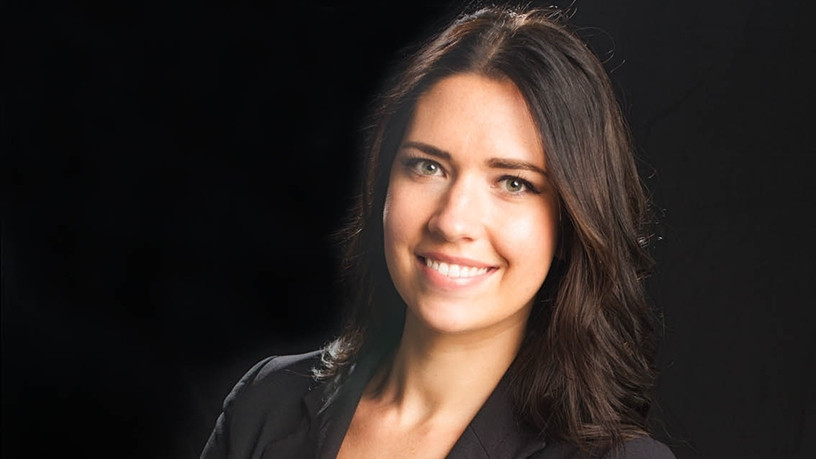
As a way to address the gender gap in science, technology engineering and mathematics sector, the I Am Science project has introduced its programmes at three Gauteng schools.
Aimed at early high school girls in disadvantaged urban areas aged between 13 and 16, the project aims to increase participation of science and critical thinking. Women make up only 30% of science researchers worldwide, and that figure is even lower when it comes to black women pursuing a career in the science, technology, engineering and mathematics (STEM) sector, says I Am Science.
The project was implemented by the Goethe-Institut in December 2015 with support from the GIZ and financial support from the German Federal Ministry for Economic Cooperation and Development.
In Gauteng, the initiative has been rolled out at Fons Luminis Secondary School in Diepkloof, Kaalfontein Secondary School in Tembisa and Sandtonview Secondary School near Alexandra.
The project has also been applied at two schools in KwaZulu-Natal and two in the Western Cape.
In the long term, the project aims to inspire a sustained curiosity and increased engagement in science among girls, develop critical thinking, and ultimately propel the girls towards science-related careers, it says.
The project aims to achieve this through its video-sharing platform which is hosted on an existing mobile learning app called LevelUp.
Victoria John, project coordinator for I Am Science, says the project combines exciting science activities, video and digital learning in a three-day programme which is rolled out at different schools.
It creates high-quality, entertaining and accessible science videos presented by girls and publishes these on a local learning app as plain videos, but also in the form of video quizzes, she adds.
"Correctly answered quizzes are rewarded with tokens that are redeemable for airtime and data, directly on the app. The project also publishes them on a YouTube channel so any learning platform targeting pupils and teachers can use them as learning material."
John says the project is about boosting curiosity in science for the people who are most excluded from this field: black girls and women.
"There are so many reasons for their exclusion but I Am Science aims to address two of them: gender stereotypes and poor access to education. Most girls are discouraged from being curious about science and technology by society and this is exacerbated by a lack of science labs at schools in South Africa.
"By teaching black girls how to do exciting and dramatic science activities, and then making videos of them doing these, it kills several birds with one stone. It gives the girl presenters a direct and fun learning experience of science that they can share with their classmates through future demonstrations.
"Also, it empowers them by giving them the chance to create professional science learning material that is accessible and relatable for thousands of other teenagers via the learning app, and it shifts perceptions about science, and specifically, girls in science," she says.
The project will expand into three other African countries by December 2018.
Share